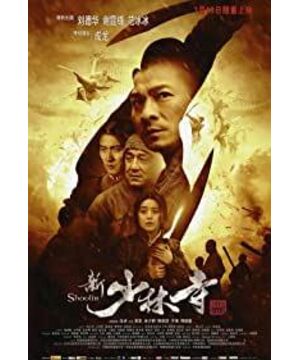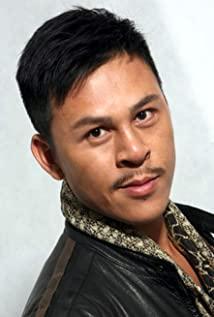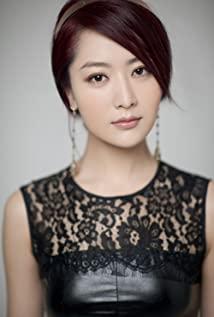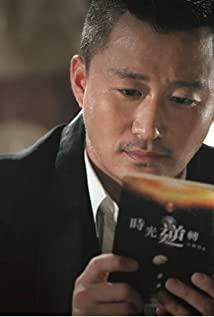The warlord marshal Hou Jie (played by Andy Lau) is arrogant, arrogant and domineering. He regards civilians like grass and mustards, but he can hardly escape his own calamity. Cao Man (played by Nicholas Tse), regarded as a brother, betrayed, his wife Yan Xi (played by Fan Bingbing) is gone, and his daughter is killed. All sorts of blows make this troubled times of the past, Shura desperate. At least during the period of Lin Temple, I met the rice cook monk who lived in Shaolin Kitchen for a long time, but had a high understanding of Buddhism. Shi Yanneng) turns the enemy into a friend and slowly understands the cause and effect of the sins of the past, so he puts aside his greed, anger, ignorance, and suspicion, and turns to the Buddha. After the Great Enlightenment, he became a monk and led the monks to protect the victims of the war and Shaolin Temple to the death of Cao Man and his subordinate Suo Jiangtu (Xiong Xinxin) who had paid to sell himself. Cao Man saw that Hou Jie gave up his life to save him, and saw that the Shaolin monks spared their lives for the suffering people, and finally realized that, and finally lived up to everyone’s well-intentioned, repented and rehabilitated.
It is really difficult to remake a classic movie. We admire Chen Musheng's skills in action.
The choice of actors in this movie is refreshing besides Andy Lau, as well as Nicholas Tse. This Mesozoic idol, who likes to play small characters and likes to show others in a rebellious image, has consolidated his consistent image on the screen through this movie. Generally speaking, this is a movie tailored to local conditions. Actors with mature acting skills, Shaolin Kungfu with orthodox blood, Shaolin Temple and camera special effects that have evolved for more than 20 years.
View more about Shaolin reviews











